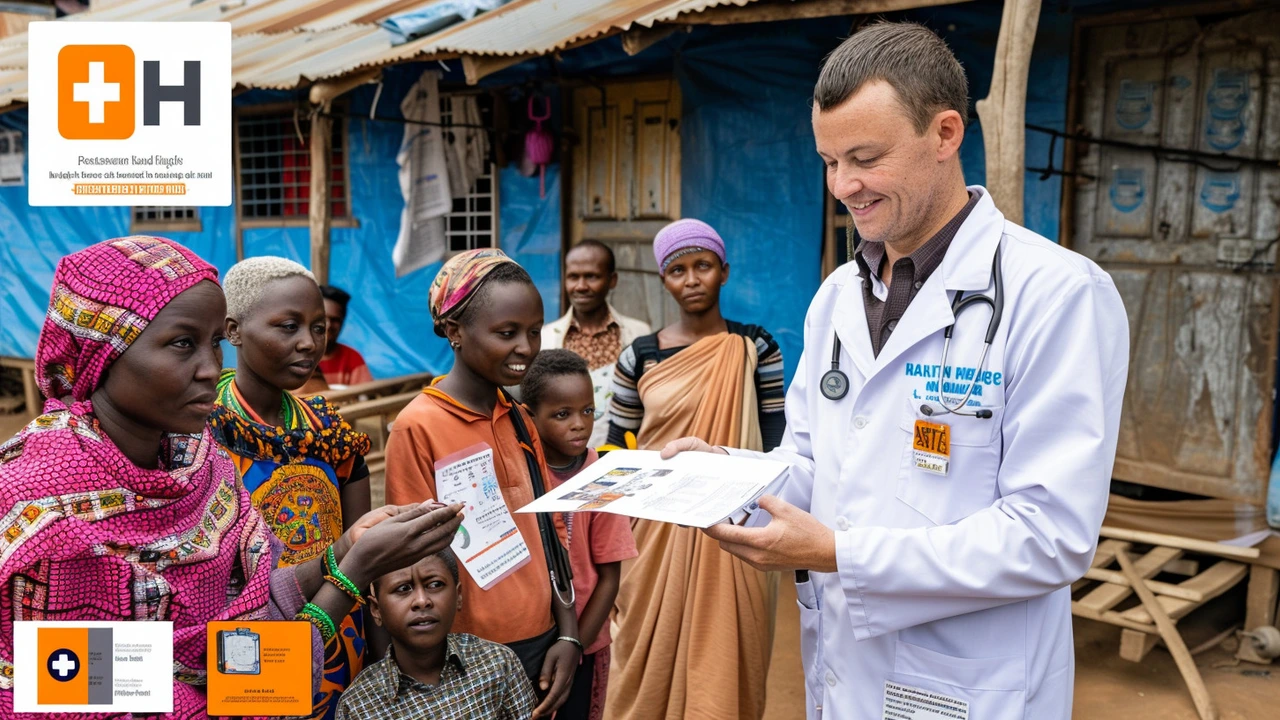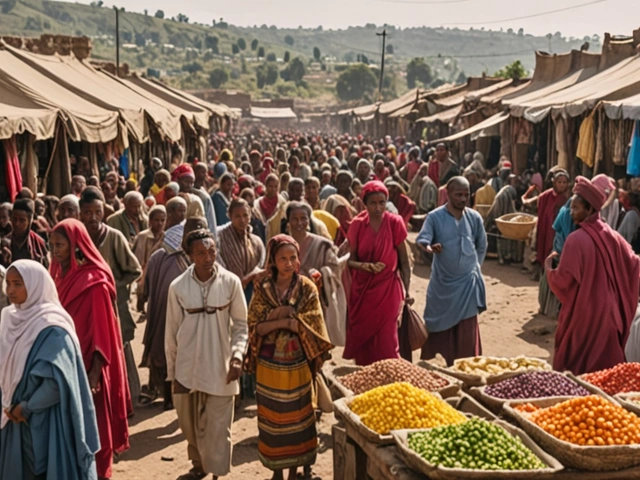Mortality Rate in Ethiopia: What It Means for Jobs and Daily Life
When you think about making a living in Ethiopia or growing your career here, you might not connect it right away to mortality rates. But the truth is, mortality rates can tell you a lot about life, health, jobs, and even your wallet in Ethiopia.
Mortality rate is basically the number of people who die in a particular area within a specific time. In Ethiopia, while the rates have gone down over the last decades thanks to better healthcare and vaccinations, they're still higher than what you’ll see in wealthier countries. This matters because it’s tied closely to things like work conditions, access to hospitals, and even your career options.
Why does this happen? Most deaths come from preventable causes—stuff like infectious diseases, poor nutrition, or unsafe childbirth. These aren’t just health issues. They also cut into productivity, keep families from moving up the economic ladder, and can stop people from reaching their full earning potential.
Jobs in healthcare and public services are affected directly. As Ethiopia works to lower mortality rates, there’s more demand for doctors, nurses, pharmacists, and health-focused nonprofits. This opens doors for young people looking to build a career. Even tech jobs linked to health data and infrastructure are growing.
There’s also a side effect you might not expect—wealth gaps. Communities with high mortality rates often get stuck in poverty. If you’re trying to invest or start a business, understanding where mortality rates are high helps you spot challenges. Maybe your business would do better in regions where people are healthier and live longer. Or maybe you see an opportunity to create something new, like affordable clinics or better food supply chains.
On the job market, high mortality rates sometimes mean fewer skilled workers. This isn’t just a statistic—it hits real businesses every day. Companies sometimes struggle to find experienced staff, slowing down growth. For job seekers, that means there are gaps to fill if you have the right training.
Want to make a positive impact? Careers focused on nutrition, clean water, and safe housing are in demand. The more Ethiopia lowers its mortality rate, the more stable and lucrative its economy becomes. That’s good news for anyone living or planning to work here.
Bottom line? Mortality rates in Ethiopia aren’t just for doctors or government officials to worry about. They affect how much you can earn, the jobs you find, the businesses you can start, and the quality of daily life. Tracking these numbers is one of the best ways to understand what’s happening beneath the surface of the Ethiopian economy and society.





